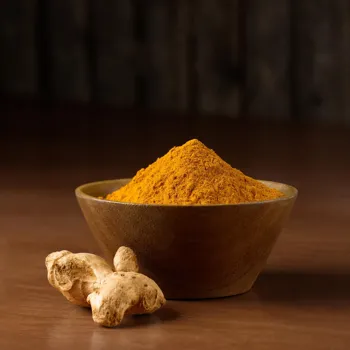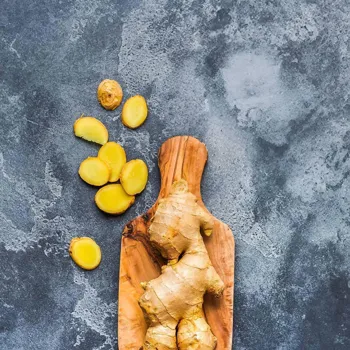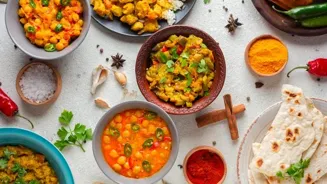Unveiling the Global Influence of Indian Spices: A Flavorful Journey That Shaped World Cuisines. Dive in for a tantalizing read!
Namaste and welcome, food lovers! Today, we embark on a flavorful journey
to explore the global impact of Indian cuisine, focusing on the magic of spices. For centuries, India has been the "Spice Bowl" of the world, and its influence on global palates is undeniable.
It's time to understand how these aromatic treasures travelled across lands, transforming dishes and cultures along the way. Let's begin this expedition into the heart of Indian food's worldwide journey.
Indian spices: global trade, culinary fusion, historical richness
Indian spices, the soul of our cooking, have a rich history. Think of turmeric's golden glow, the warmth of ginger, or the zing of chilli. These weren't just seasonings; they were valuable commodities centuries ago.

Ancient trade routes, like the Silk Road and maritime pathways, facilitated the exchange of spices. Indian traders navigated through oceans, carrying cardamom, cloves, and pepper to far-off lands.
This exchange brought not just flavors, but also traditions and culinary techniques that blended with local cultures. Imagine Roman emperors relishing Indian pepper, or Chinese cooks experimenting with ginger – the story of spices is truly a story of global integration.
Colonial powers shaped global cuisine with Indian spices
The journey of Indian spices wasn't always peaceful. Colonial powers were drawn to India's spice wealth, leading to significant historical events. The quest for spices fueled exploration and trade wars, reshaping the world's map.
European powers sought to control the spice trade, establishing colonies in India and other spice-rich regions. This quest led to cultural exchanges, where Indian spices were incorporated into other cuisines.
Think of the subtle influence of Garam Masala in British stews or the use of turmeric in Caribbean dishes. These subtle changes show how Indian spices cleverly enhanced many cuisines.
Indian spices: more than flavor, with medicinal benefits recognized globally
The impact of Indian spices extends far beyond just flavor. Many, like turmeric and ginger, have known medicinal properties in Ayurveda, the ancient Indian system of medicine. As spices travelled, their healing benefits were also recognized in different cultures.

Turmeric, known for its anti-inflammatory powers, has found its place in global wellness practices. Ginger, valued for aiding digestion, is now a staple in many traditional medicines. This cultural exchange of knowledge highlights the holistic value of Indian spices.
They are not only tasty, but also valuable for boosting health.
Indian cuisine's global impact and fusion trends
Today, the influence of Indian cuisine is vibrant and widespread. From the humble Dosa stand in London to the sophisticated vegetarian restaurants in New York, Indian flavours are enjoyed by people of all backgrounds.
Fusion cuisine, blending Indian spices with local ingredients, is gaining popularity. Chefs experiment with innovative combinations, celebrating the versatility of Indian flavours. Now, you can find saffron-infused Italian pasta or cardamom-flavored French pastries.
These creative expressions showcase the ongoing evolution and global appeal of Indian food.
Indian spices shape global cuisine, history, and culture
In conclusion, the global influence of Indian cuisine is a testament to the power of spices. These aromatic ingredients have not only seasoned dishes but also moulded history and connected cultures.
They have traveled across continents, impacting food traditions, medical practices, and even geopolitical dynamics. As we continue to savor the diverse flavors of the world, let us remember the significant role played by India's spices in shaping our global culinary landscape.
From ancient trade routes to modern fusion cuisine, the legacy of Indian spices continues to inspire and delight, ensuring that the world remains a little more flavorful, one dish at a time.
AI Generated Content. Glance/InMobi shall have no liability for the content













